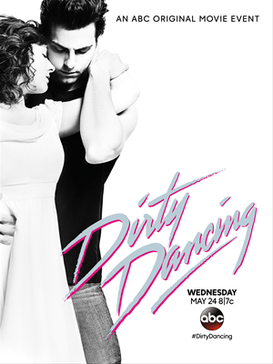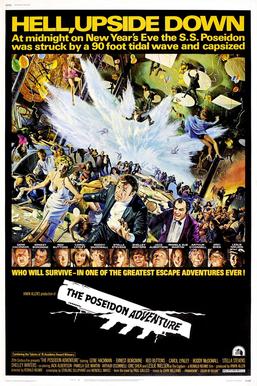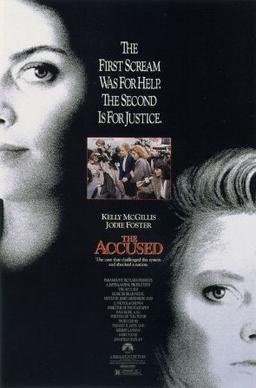In 2018, accusations against then-Supreme Court nominee Brett Kavanaugh became a fierce battle fought in the halls of Congress and in public spheres. Caught up in the maelstrom of the Me Too movement, then-Judge Kavanaugh was accused of sexual assault. The Congressional hearings had a woman accuse a man nominated to sit on the highest court of a sex crime.
We have been here before. Twenty-seven years prior, another woman accused another man nominated to sit on the highest court of a sex crime. Anita Hill, the subject of the documentary Anita: Speaking Truth to Power, never accused now-Supreme Court Justice Clarence Thomas of sexual assault. Instead, it was sexual harassment. Anita is a sympathetic portrait of the woman who nearly brought down a Supreme Court appointment. Perhaps therein lies the problem.
Anita opens with a surprising voicemail from Ginny Thomas, Justice Thomas' wife, asking Anita Hill for an apology. From here, Professor Hill tells of her experience pre-and-post testimony. She speaks on how she thought that the confirmation hearings and her own hearing would be nonpartisan. New York Times reporters Jane Mayer and Jill Abramson, authors of Strange Justice, a book about the hearings, are also interviewed.
Professor Hill speaks about her family, who moved to Oklahoma to escape racism (her grandfather threatened with lynching). She also talks about the longest day when she gave her testimony. She found Pennsylvania Senator Arlen Specter very adversarial and Delaware Senator Joe Biden unhelpful. According to other interviewees in Anita, Utah Senator Orrin Hatch used race to get Judge Thomas angry about his treatment. This was all part of a Republican plan to shift the narrative from sex to race. Ultimately, Justice Thomas was confirmed, and both he and Professor Hill have moved on.
Hill's testimony was the catalyst for electing more women to the Senate, the sight of old white men questioning both Hill and Thomas about pubic hairs and "Long Dong Silver" too incendiary for some. Hill now continues her advocacy for women, with her long-term companion Chuck Malone beside her.
One should watch Anita with an open mind. A whole generation has passed since now-Justice Thomas faced serious accusations that still haunt him and his reputation. However, Anita does not pretend to be even sided. Everyone speaking in the Freida Lee Mock documentary is clearly on Professor Hill's side. As such, Anita will not make a case that Hill's accusations were false or politically motivated. That is understandable in that Anita is about Hill's perspective.
At times though, Anita seemed too worshipful of the subject. Near the end of the documentary, we hear actress Anika Nomi Rose recite a poem about Hill. I cannot remember if Professor Hill was in attendance. Even if she wasn't, including adoring poetry about the documentary's subject did strike me as both pretentious and grandiose.
Anita, I think, should also be seen through new eyes. With the contentious Kavanaugh hearings now in the history books, I cannot help but wonder whether something John Carr, a longtime Hill friend and supporter, said. "This wasn't about the truth. It was about winning". Clearly this statement was meant to define the Thomas supporters who wanted to see him on the Court.
However, could that not equally apply to those who were determined to stop Thomas and later on Kavanaugh from interpreting legislation? Such an idea, as distasteful and shocking as it is, cannot be summarily dismissed. While I have not seen the two films based on the Thomas hearings (Strange Justice and Confirmation), I figure that they take the position that Clarence Thomas is guilty. Any accusation should be investigated, but an accusation is not proof that said accusation is true no matter who makes the accusations.
A great film can hopefully be made about the machinations behind political appointments. Anita is not that film, though I do not think that it aimed to be. Instead, it is about Anita Hill, catalyst for one of the biggest political fights of the twentieth century. I do not think we learned much about the person or about the hearings themselves. Anita is not as insightful about the subject as I had hoped. It is one-sided, though it all comes from her perspective, which her supporters agree with.
I don't know if there will ever be a truly balanced take on the Clarence Thomas hearings. We have their own books (those from their supporters and champions are in my view suspect to bias). We have various documentaries: this and Created Equal: Clarence Thomas in His Own Words (which I have not seen as of this writing). Each deserves his or her own chance to state their case. It is the proper way.
















.jpg)





